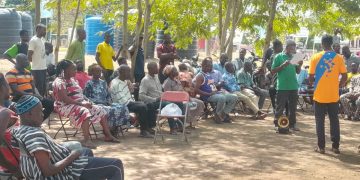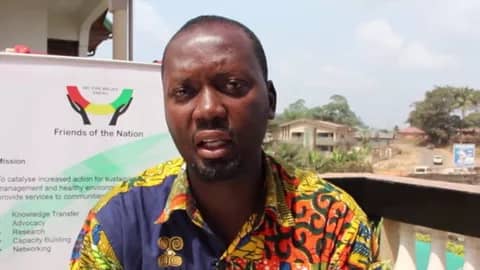The General Secretary of the Ghana National Association of Small-Scale Miners, Godwin Armah, has sharply criticized the University Teachers Association of Ghana (UTAG) for proposing a ban on small-scale mining in response to the ongoing illegal mining, or galamsey, crisis.
Armah described UTAG’s call as unreasonable and discriminatory, drawing a comparison to the “sex for grades” scandal that once plagued some Ghanaian universities.
He noted that despite the seriousness of the misconduct, the government did not impose a blanket ban on university lecturers.
Instead, investigations were conducted, and individuals found guilty were punished.
“Sex for grades at universities didn’t cause a ban on university lecturers. Why should galamsey cause a ban on mining? Just as not all lecturers were punished for the actions of a few, not all small-scale miners should be punished for the illegal actions of others,” Armah argued.
He further emphasized that it is inaccurate to blame only small-scale miners for the galamsey crisis. Armah pointed out that district assemblies, chiefs, and other local authorities are equally responsible for safeguarding natural resources and water bodies within their jurisdictions.
Armah highlighted ongoing efforts within the small-scale mining sector to combat illegal mining, insisting that it is unfair to equate small-scale mining with galamsey. He clarified that those engaged in illegal mining on water bodies are not genuine small-scale miners and urged the public to recognize the distinction.
The debate over the future of small-scale mining continues as stakeholders seek solutions to curb illegal mining while protecting the livelihoods of legitimate miners.
source :www.kumasimail.com /IJB/kumasi

































































